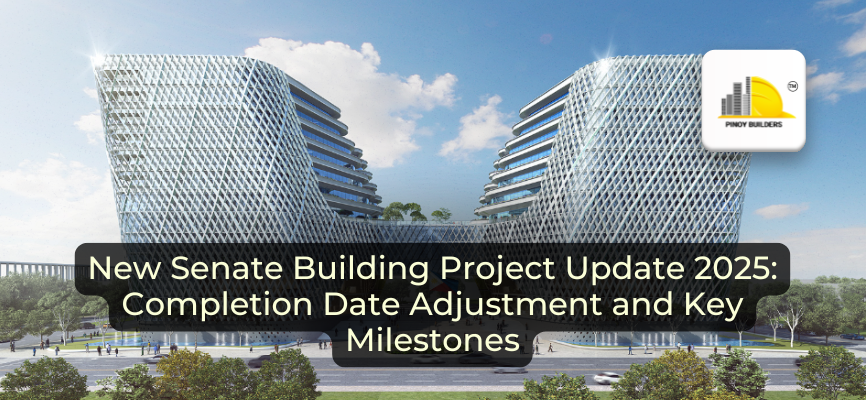The topic of climate change and global warming has been controversial for the past few decades. From an environmental standpoint, saying that climate change has been affecting our way of life is a huge understatement. Passive as the effects may seem, the phenomenon has influenced the way we live and work. When it comes to working in the construction industry, companies take into account how the next days or weeks will go. Anticipating delays by external, natural matters is not just a trivial matter in this business.
Climate change has been attributed to the rise of abnormal and sometimes disastrous weather conditions. More than just a hindrance to tight schedules, construction workers are affected by it due to temperature-related health risks, making it an absolute safety concern for the people involved. Workers must adjust to the weather to avoid workplace accidents and conduct site assessments. Dangerous temperatures can cause heat strokes, slippage, injuries, and stress-induced decisions that can negatively impact both the workplace and the project’s progress.
But it is not just the manpower costs that are keeping companies on their toes. Countries like the Philippines are known for being prone to typhoon flooding. The frequency of occurring disasters has led to proactive government responses and prevention measures. These long-term socioeconomic repercussions have taken a toll on not only the environment but the infrastructure as well. Materials deteriorate or break down easier. Cement hardens at a snail’s pace in colder areas, and the integrity of concrete infrastructures are threatened. The construction industry is challenging in many aspects, and even skilled employees can succumb to nature’s wrath if they and their companies refuse to adapt.
New construction techniques like modular building, as well as the manufacturing of stronger materials are just some of the efforts to combat such risks. These materials are often high-quality, are accustomed to extreme temperatures, and pricey to a fault. The type of material varies from place to place. For example, special disaster-resistant materials are essential for places prone to wildfires and flooding like California and Florida, respectively. Companies have also come to adopt new technology to suit the needs of their projects. These aid in compensating for climate-induced delays and by letting new machines work on tasks too dangerous or out of reach. Dual-polarization radar tech helps with weather monitoring and forecasting. Even small computer apps have alleviated usual construction-related challenges.
On the other side of things are the companies that have gone out of their way to both help the environment and being less of a burden to it. In recent years, there has been rising support for sustainable building and eco-friendly structures. Many architects, urban designers, and builders around the world have utilized green building techniques that deter the use of harmful fossil fuels and carbon emissions. Their inclination for such is partly for the benefit of the world, and partly to appeal to eco-friendly clients.
From a perspective, this may seem like a small effort in the scale of things. Climate change is not something that can be easily fixed, not with the current state of affairs. Industries of new and old adapt to these kinds of natural challenges, but the negative effects of it have only been increasing as the years go by. Companies should welcome the thought of sustainable building; A healthy world would mean better climates and better climates lead to cheaper materials, fewer workplace accidents, lower project expenditures and so on. Helping to heal the world is a just and priceless venture that would not only have positive effects on the environment but for the industry overall.
![]()








